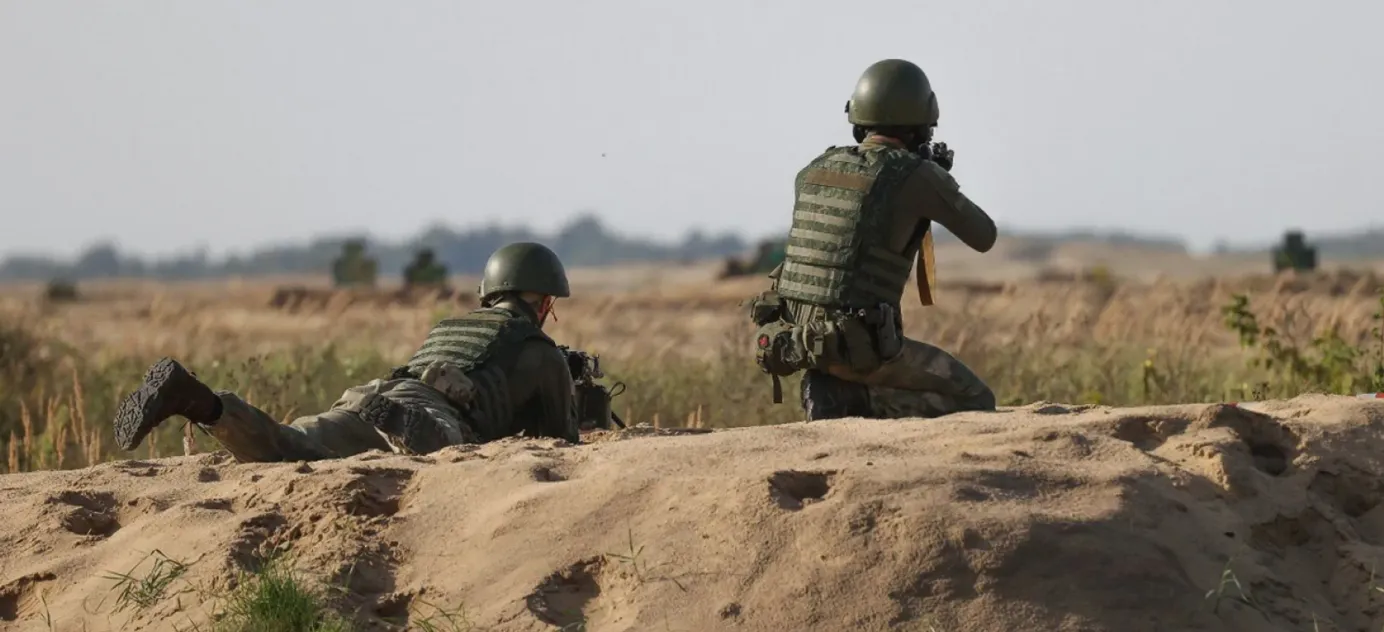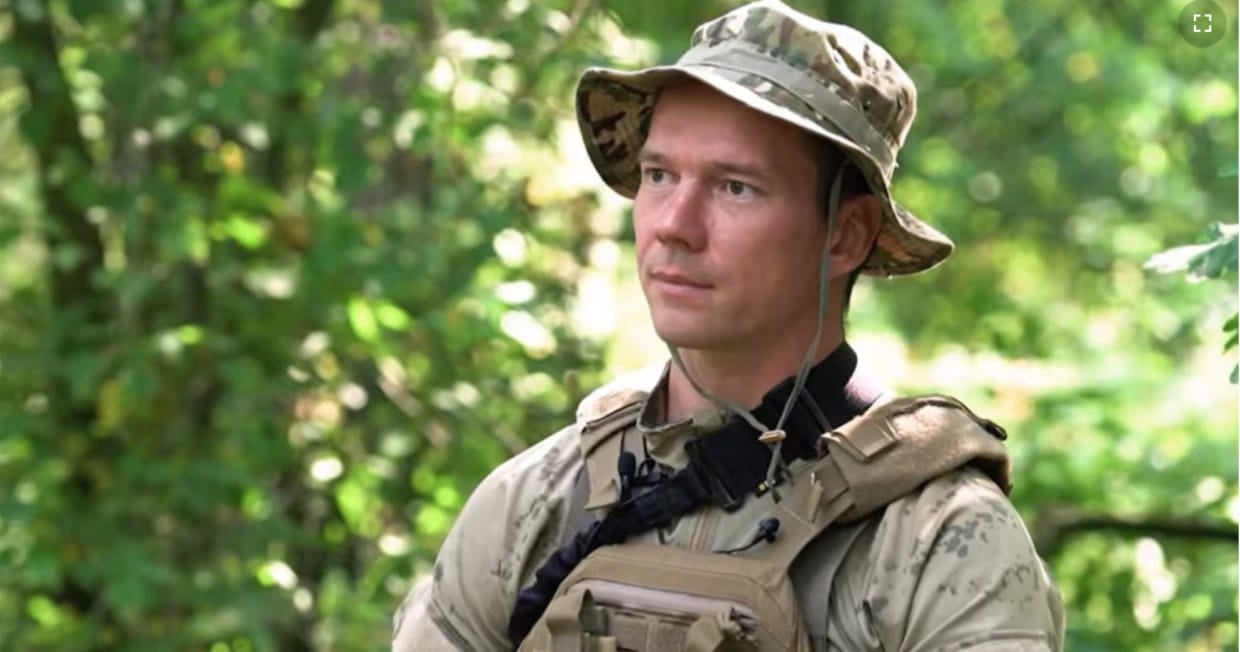
Russia to confiscate passports of military and security personnel
The state is continuing to make life difficult for anyone it does not want to see leaving the country — especially those eligible for military service. As well as being listed in a database of people banned from leaving Russia, those subject to travel bans will now have to physically surrender their passports.
- A new law came into force in Russia on Monday requiring Russians banned from traveling abroad to surrender their passports to the police, foreign minister, FSB security service or another relevant state body. Individuals must hand in their passports within five days of being notified that they are subject to a travel ban, and they will not be returned until they are again allowed to leave the country.
- Russia bans its citizens from leaving the country for many reasons, ranging from national security to financial status. These include people who are subject to court rulings recognizing they have unpaid debts of more than 10,000 rubles (about $100) and those who are bankrupt, as well as citizens working for the FSB, those who have access to state secrets, or some people who have a specific criminal record. Following last year’s chaotic partial mobilization, travel bans were extended to cover anybody who has been called-up for military service. There’s little doubt that the new law is aimed squarely at this latter group. The whole idea of confiscating passports rather than just adding names to a list, came about after the exit restrictions were imposed on everybody called up for military service.
- Formally, the law doesn’t seem to change much — it doesn’t apply to any new groups of people who weren’t already banned from leaving Russia. But in practice, the requirement to surrender a passport will make it more difficult for people to leave via circuitous routes, such as traveling through Belarus, which is part of a free travel zone with Russia. It could also create new problems for Russian emigrants, including those who left the country to avoid conscription and mobilization. Any visit to a Russian consulate, for example, could lead to the confiscation of a passport and cause major complications for their lives abroad. The Belarusian opposition has moved to issue alternative passports to emigrants who have fled Alexander Lukashenko’s regime — after Belarus also tightened its rules on passports and consular services for those outside the country — and is currently pressing for their international recognition. Russia’s opposition is far from this point, not to mention that there is no globally recognized Russian leader-in-exile comparable to Belarus’ Svetlana Tikhanovskaya.
Why the world should care
Russia’s authorities appear to be in a race with the West to see who can erect a new Iron Curtain around the country most quickly. Confiscating passports reminds older Russians of the exit visas that were required to leave the Soviet Union.



